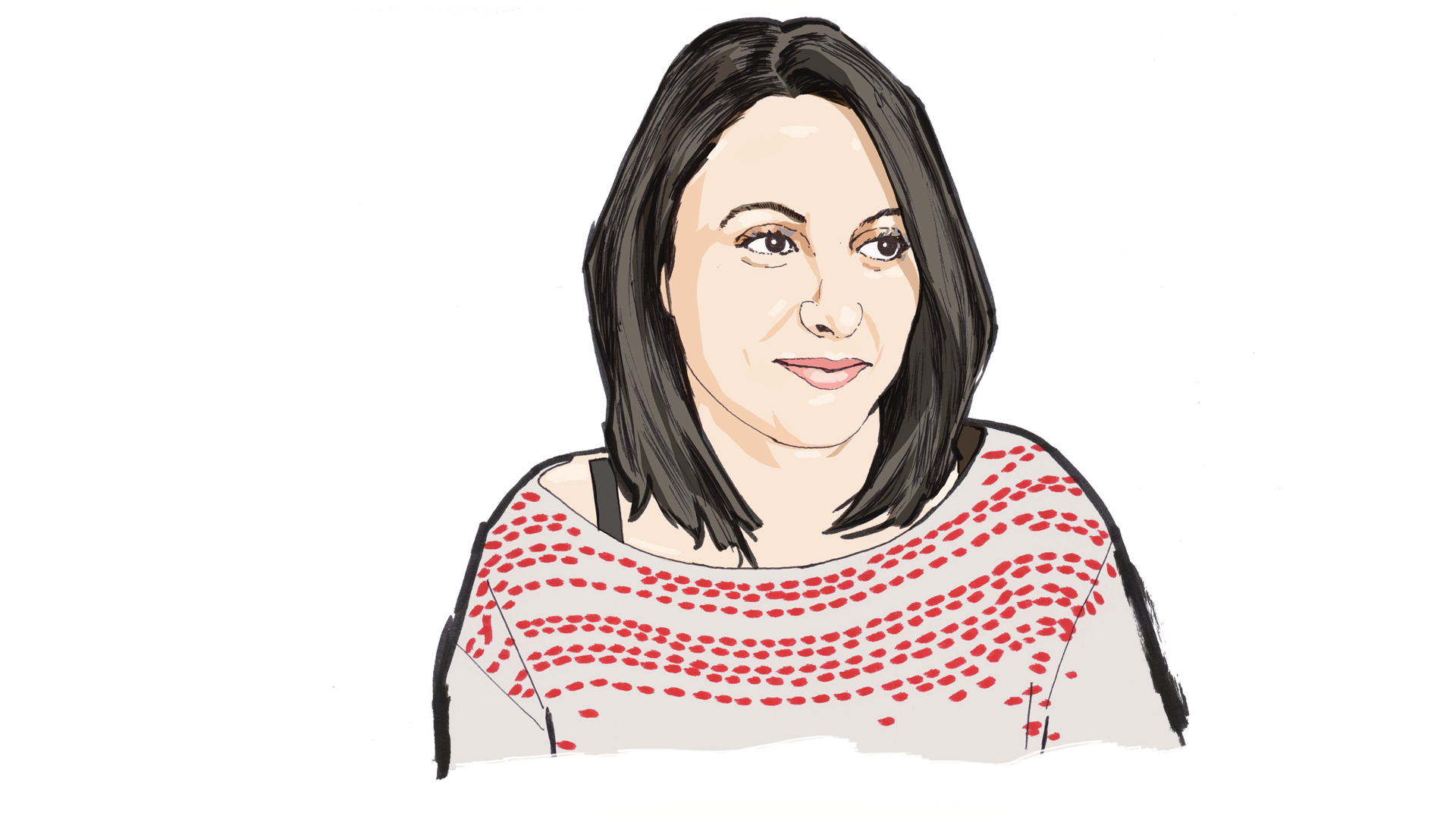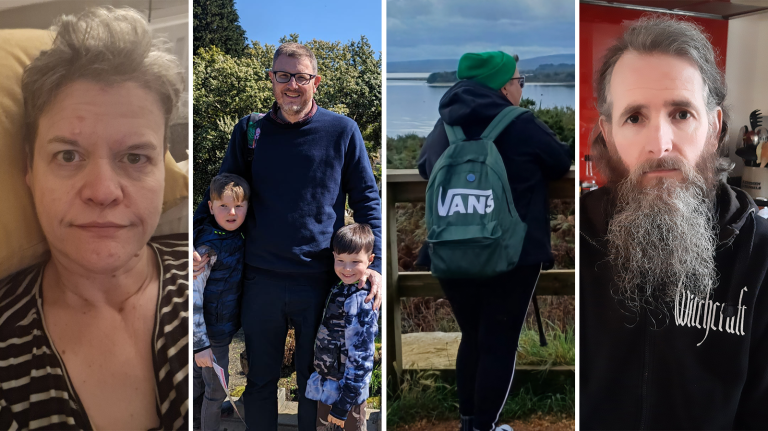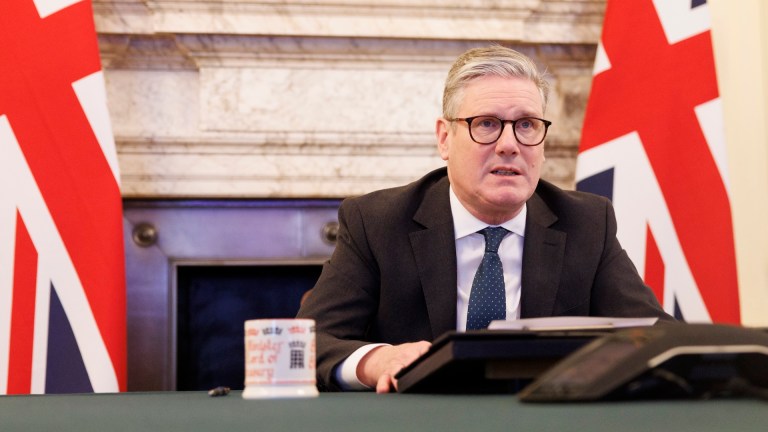Fighting as a pastime in a region that wrestles with conflict might seem counter-intuitive. But the women involved are throwing punches for their right to lives lived beyond rudimentary refugee camps. From London, Taban Shoresh founded The Lotus Flower, a charity supporting women displaced by violence in northern Iraq. “The ‘why’ was so strong in me that I didn’t even worry about the ‘how’,” she says, reflecting on the 2016 launch.
The charity gives women an education and lessons in sewing, hairdressing, human rights. And boxing. “Some of the women there lost family to the violence; many are victims of rape, sexual slavery and abduction,” says Shoresh, 35. “Their freedom of movement is restricted and they have next to no protection against sexual violence.”
The former digital marketing manager shares a story similar to that of the women she helps: she is a survivor of genocide. Before her family’s escape from Saddam Hussein’s grip in 1980s Kurdistan, the young Shoresh was imprisoned alongside her mother and paternal grandparents. They came chillingly close to a mass live burial when undercover members of the Kurdish resistance said: “Disappear or pretend that you’re dead. If you’re caught again, you will be killed instantly.”
What followed was a year on the move, Shoresh and her mother dodging between different villages and hideouts before they were smuggled into Iran for safety. Her father, a Kurdish freedom fighter, survived a poisoning attempt by Hussein’s spies which led to his seeking refuge with Amnesty International and reuniting with Shoresh and her relatives in the UK in 1988. The family built a “somewhat normal” life for themselves and a relatively uneventful childhood for Shoresh.
She navigated a successful career as a digital project manager at an asset management firm, but couldn’t shake a persistent sense of longing to do more. In 2014 she spoke as a genocide survivor in the House of Lords for Remembrance Day, the first time she had told her story publicly, and the experience triggered something of an existential crisis. That same year, when Isis took hold in Iraq, she felt compelled to drop everything and volunteer her help, working on the front line with the Rwanga Foundation in Iraq, where she built schools and camps for those displaced by the conflict. When Shoresh returned to London 15 months later, she “couldn’t adjust to a normal life again” and decided she had to devote her work to supporting women impacted by conflict in the region.










